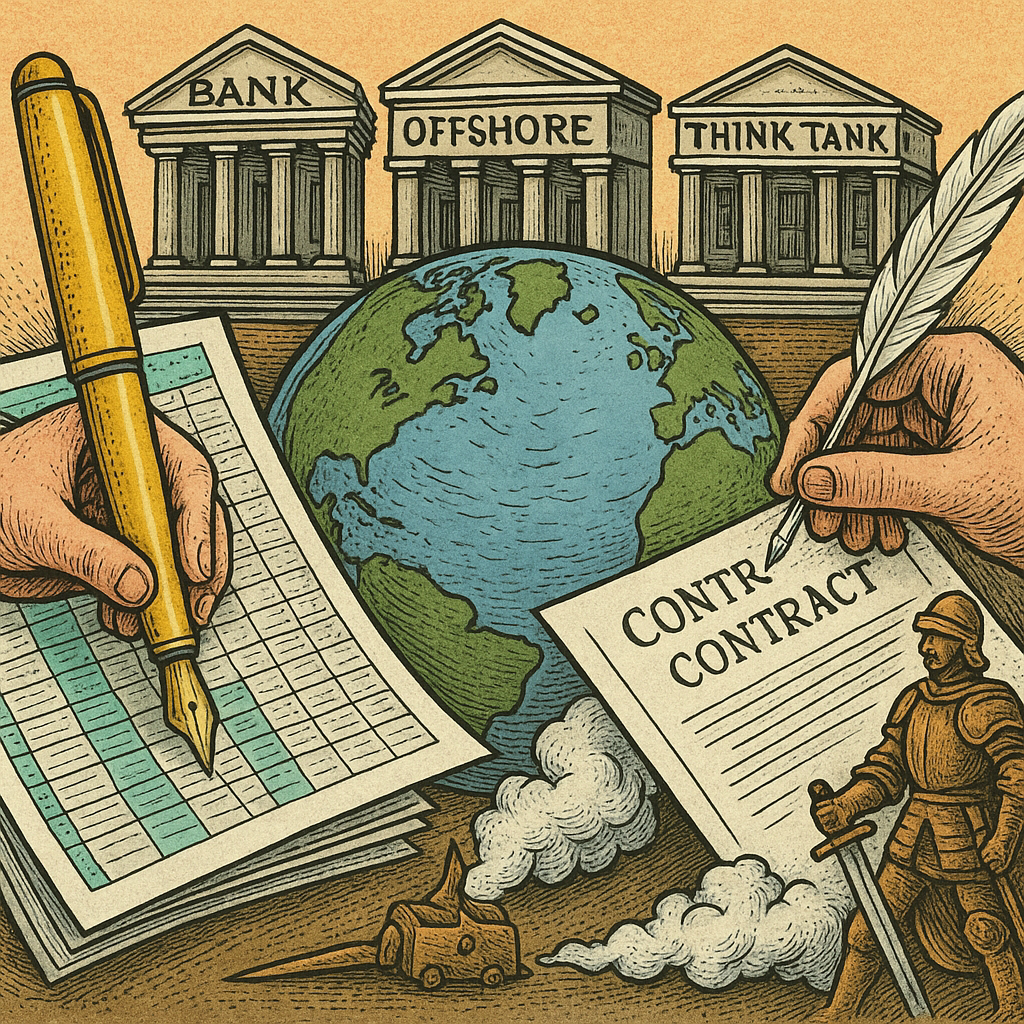31 January 2025Talk about soft power and how, at a detail level, it functions to progress american interests. We learn from Mercurious & others that for a long time, 90% of spending in the media space in Ukraine was coming from direct grants from the US State Department. Maybe ukraine is not a small country geographically, but in terms of population & GDP, it's small. Look how easily America buys up all Ukraine-media's column inches and turns them into one big advert for Russophobia.The media literally speak with one voice, and...
Friday, 31 January 2025
A BURNT OUT PEOPLE
31 January 2025A Burnt Out PeopleIn the earliest days, before the world had hardened into kingdoms and laws, a wandering people left the lush Valley of Eden in search of a promised land. The valley of Eden had been fertile and rich with green pastures and streams that never ran dry, but a voice, a whisper in their hearts, had urged them onward."Go forth and claim the land beyond the horizon, where milk and honey flow, where your children will build...










